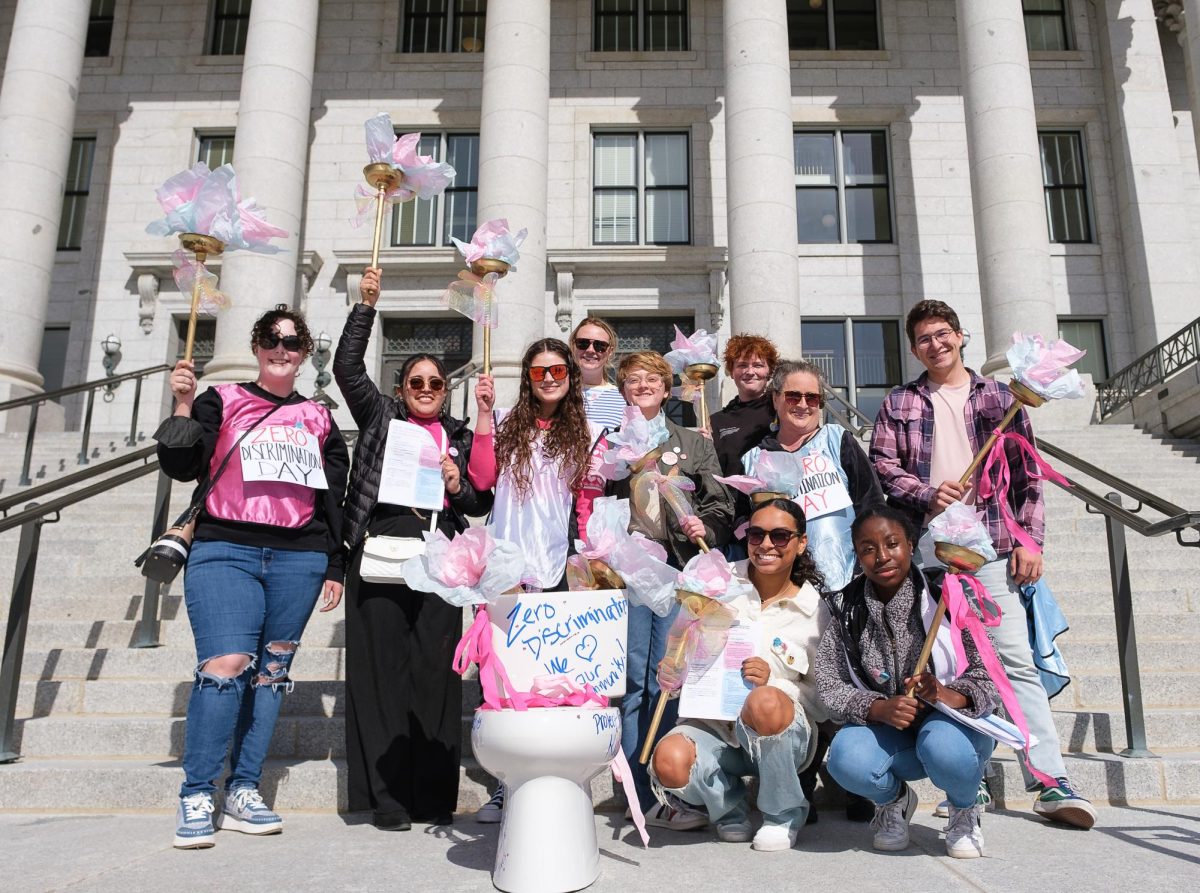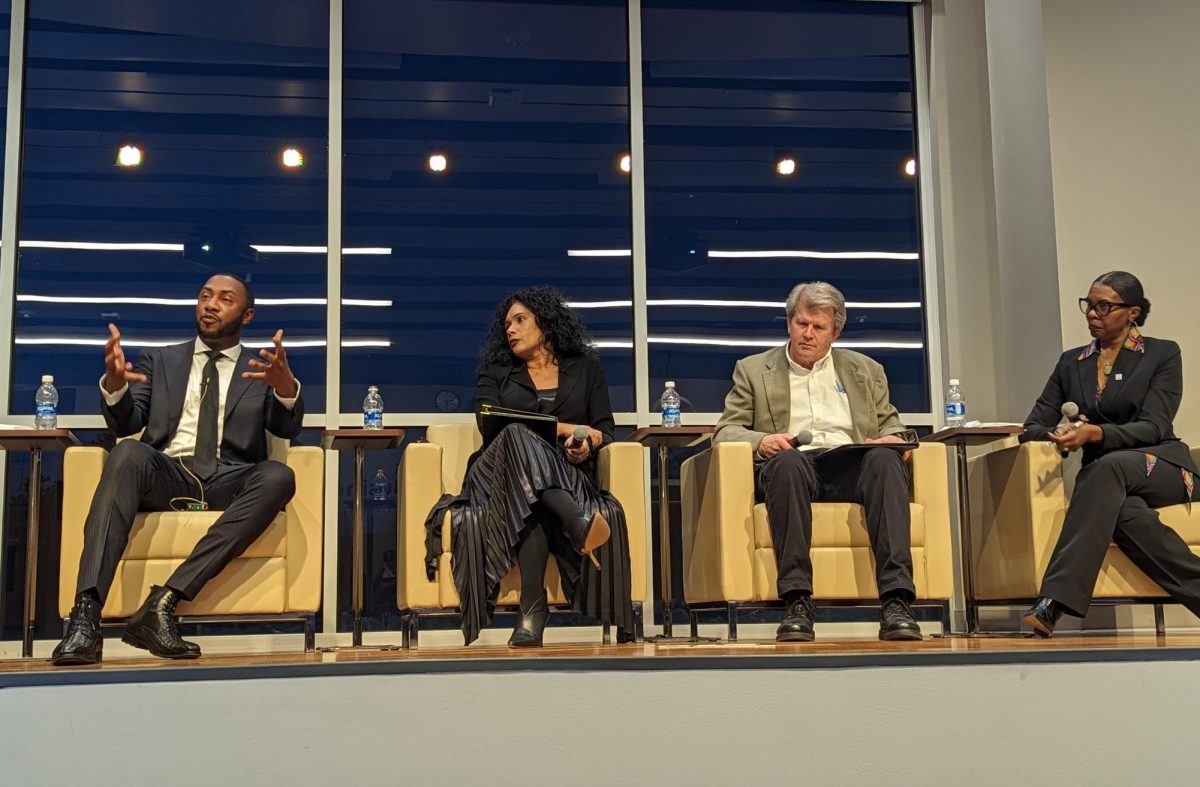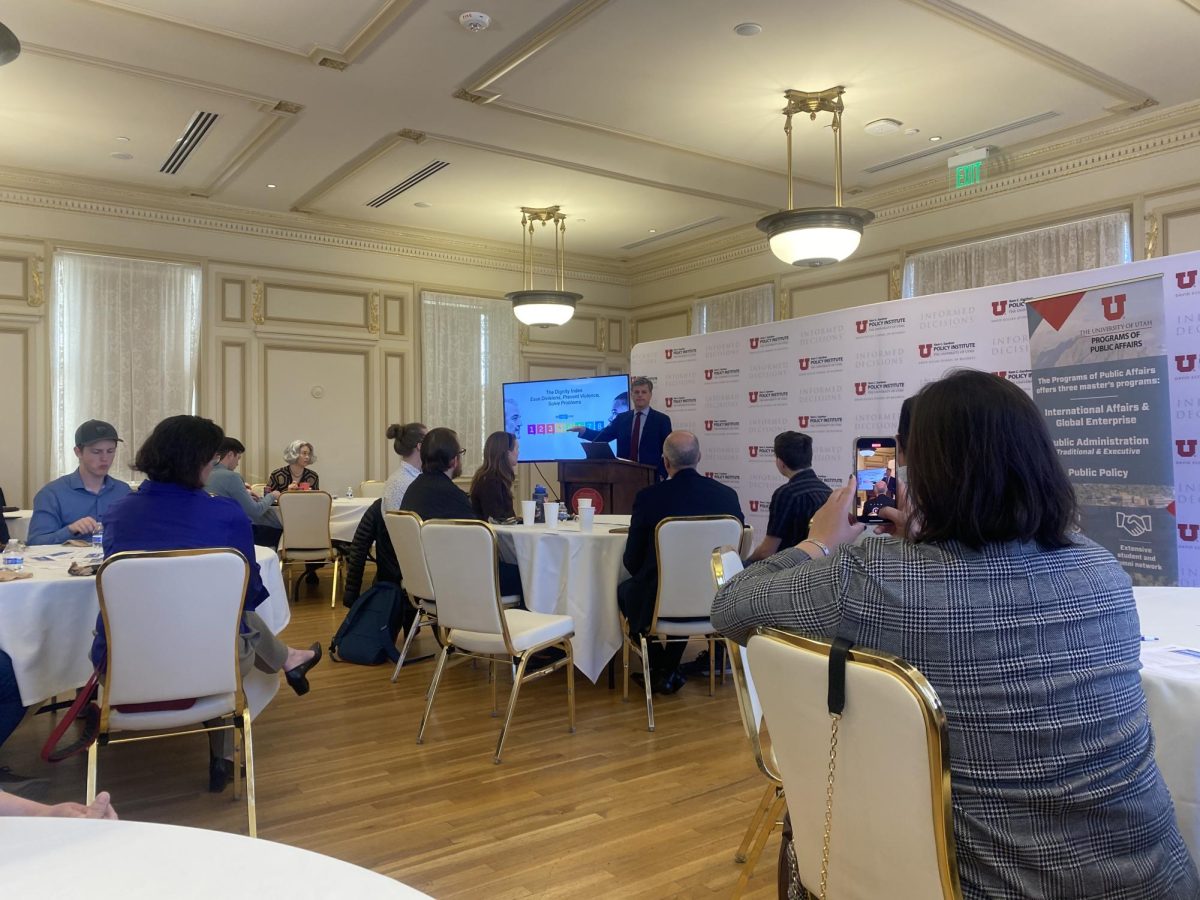What’s the best way to end homelessness? Give them housing.
That’s the way Utah is helping homeless individuals in a program called Housing First. This ten-year state plan was implemented in 2005 and after a decade, the state has decreased its chronic homeless population by 91 percent.
Kelli Bowers, director of supporter services for the Road Home, oversees volunteers and coordinates partnerships at Palmer Court, the organization’s supportive housing development. She said that what makes the program in Utah so unique is how it provides housing to those who were previously turned away.
“It used to be you couldn’t get housing until you completed all these tasks. You had to be sober, you had to be taking your medication, it’s almost like you had to earn it rather than it being a basic right,” she said. “[We are] helping people get housing and then working with them and being supportive in overcoming the barriers once they are no longer in survival mode.”
When the idea was first presented, Bowers said there was a lot of doubt it would actually work. Now, with only 178 chronic homeless people in Utah, the program seems to be effective.
Chronic homelessness is defined as being homeless for more than one year or four times in three years and having a disability, Bowers said. Palmer Court accepts only those who are chronically homeless. Grace Mary Manor, Sunrise Metro Apartments and Kelly Benson Apartments have also aided in providing housing for the homeless.
Mary Beth Vogel-Ferguson, Research Associate Professor in the College of Social Work, performed research on the effectiveness of the Housing First Initiative by looking at employment outcomes of the residents.
Since the chronically homeless suffer from disabilities, it can be a challenge to find work opportunities. Still, of the 112 Palmer Court residents, 55 percent had at least one episode of employment after participating in workshops and other groups.
This 10-year plan houses the homeless while providing workshops in day-to-day tasks such as budgeting and computer skills. The Department of Workforce Services and LDS Employment Services help to provide jobs for those living in Palmer Court and many do janitorial work at the organization itself.
The U’s College of Social Work has connections with the Road Home and sends many of its students to work as interns. Hana Germann, a masters student in social work, recently completed her case manager internship at Palmer Court. Like most people, Germann said she used to see the homeless and wonder why they could not pick themselves up and get their lives together.
“Going there and seeing what these people are dealing with and what they struggle with…It’s not just something that can be pushed away and forgotten about,” she said.
She saw countless individuals take advantage of the programs and start their lives over; however, the success rate isn’t always 100 percent. Housing First runs risks by accepting everyone, including those with addictions or serious mental health issues.
Housing is not free. Residents are expected to pay rent and the center works closely with those that cannot, Bowers said.
“Ultimately, we want folks to be successful if they choose to move out of here … if they can know and do the things that will help them not return to homelessness,” Bowers said.
Collaboration between rehabilitation, medical, employment and behavioral support centers has helped Housing First make big strides in Utah, but, Bowers said, “There are still great strides that need to be made.”
@TheChrony




















